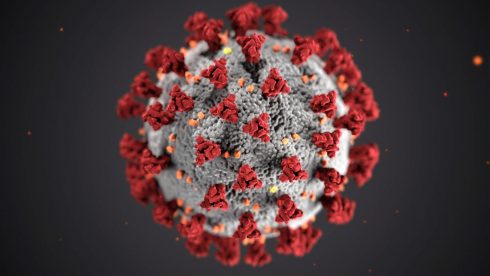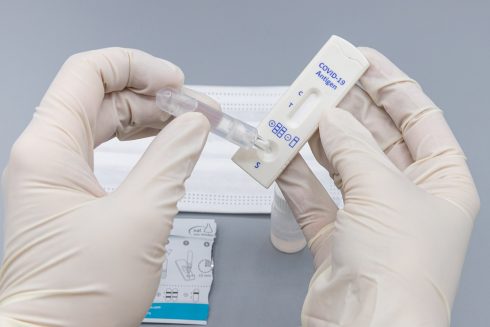LEADING Valencian immunologists have issued a list of 12 clarifications about the new coronavirus strains in an attempt to shed some light on what is becoming an increasingly confusing issue.
The first point refers to the number of new strains currently in circulation. The experts confirm that there are several different mutations around, three of which are causing concern due to being more contagious, lethal and immune to antibodies.
These are the British, South African and Brazilian variations, although others such as one from Denmark, one from Nigeria and another from California are also under observation.

Point number two answers the question of how many of these new strains are doing the rounds in Spain. The Valencian experts reveal that all three of the most dangerous types have already arrived, with the British mutation as the most widespread and accounting for half of all new infections in some regions.
Point three asks which is most aggressive and what are the differences between them. The consensus is that the British strain is the most virulent and is associated to a higher death rate, while all three are more contagious than the original virus, and the South African and Brazilian types have a greater ability to dodge the neutralising effect of human antibodies.
The fourth point refers to vaccines, and whether or not the jabs currently being administered are effective against all the strains. The answer here is that current vaccines are effective against a common protein found in all the existing types of virus, so the antibodies they create will provide varying degrees of protection against all known variants.
Next on the list is whether one can become infected with different strains despite having already recovered from COVID and/or receiving an injection. The answer to this is that it is possible, as current vaccines prevent or lessen symptoms but do not stop infection.
Point six explains how these new mutations of the virus are being controlled by the health authorities. The Valencian experts say that scientists all over the world are hard at work every day to sequence the new virus genomes in order to detect new variants with greater precision and speed.

The next question is how to prevent the new strains from reaching Spain. Experts explain that this is nearly impossible to do ‘in a globalised world’, and that closing borders would only be effective if done for a long period of time. Alternatively, the Valencian immunologists suggest strict precautions and controls at airports.
Faced with the question of what to do to stem the tide of infections from these new variants, the Valencian team insist that the best way to control the existing strains and prevent the appearance of new ones is to step up vaccination campaigns while maintaining the now usual protection measures such as masks, social distancing and frequent hand washing.
The ninth point confirms that the new strains are more contagious than the original virus, while point 10 asks if we are ready to face a surge in infections with the new variants.
According to the Valencian experts, the country’s public health system has been running on fumes for a while, and it is uncertain how much more it could absorb before collapsing completely, thus stressing the importance of not becoming complacent with the safety measures and boosting inoculations.

Point 11 confirms that the arrival of new strains will prolong the end of the pandemic, leading the team to insist on improving current vaccination campaigns in Spain, Europe and elsewhere in the world.
Finally, the last question posed to the experts is whether the arrival of new strains was expected so soon. The Valencian scientists explain that all viruses change over time, and the SARS-CoV-2 specifically contains an element that changes during replication, meaning that it can mutate more than others.
However, the good news is that recent studies show that the new coronavirus has a much lower mutation capacity than the common flu or measles, meaning it should be brought under control faster.
READ MORE:
- Valencian scientists develop sensor to detect coronavirus levels in the air
- Covid-19 infections continue to be squeezed down in latest figures from Spain’s Valencia region
Click here to read more Coronavirus News from The Olive Press.








